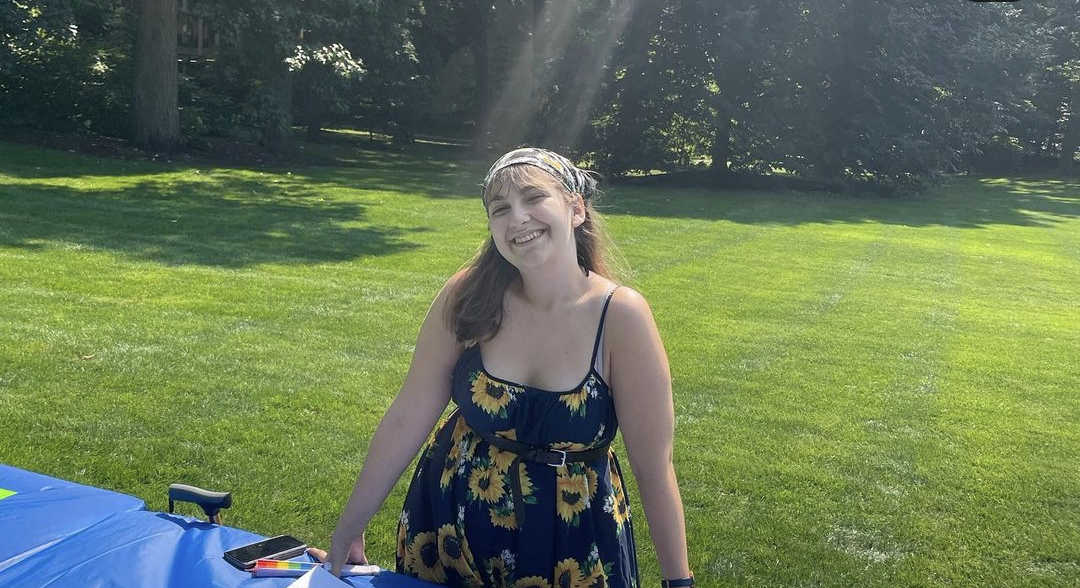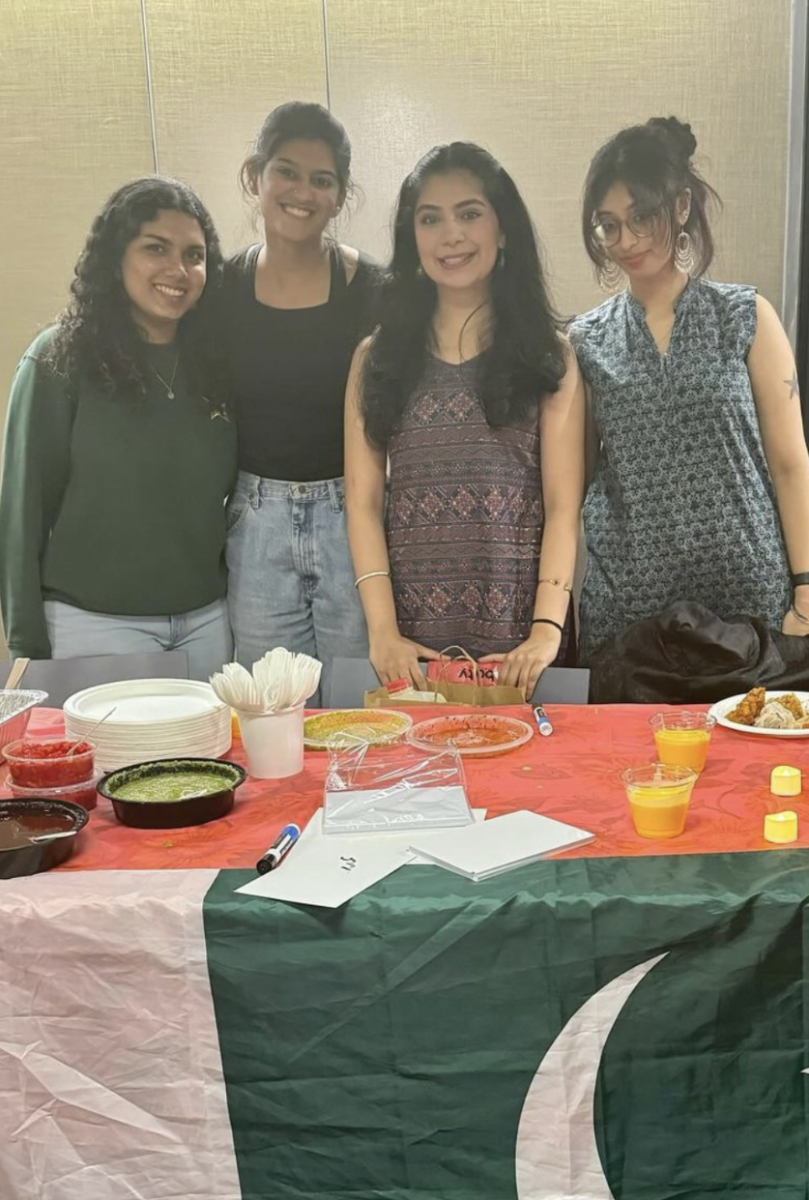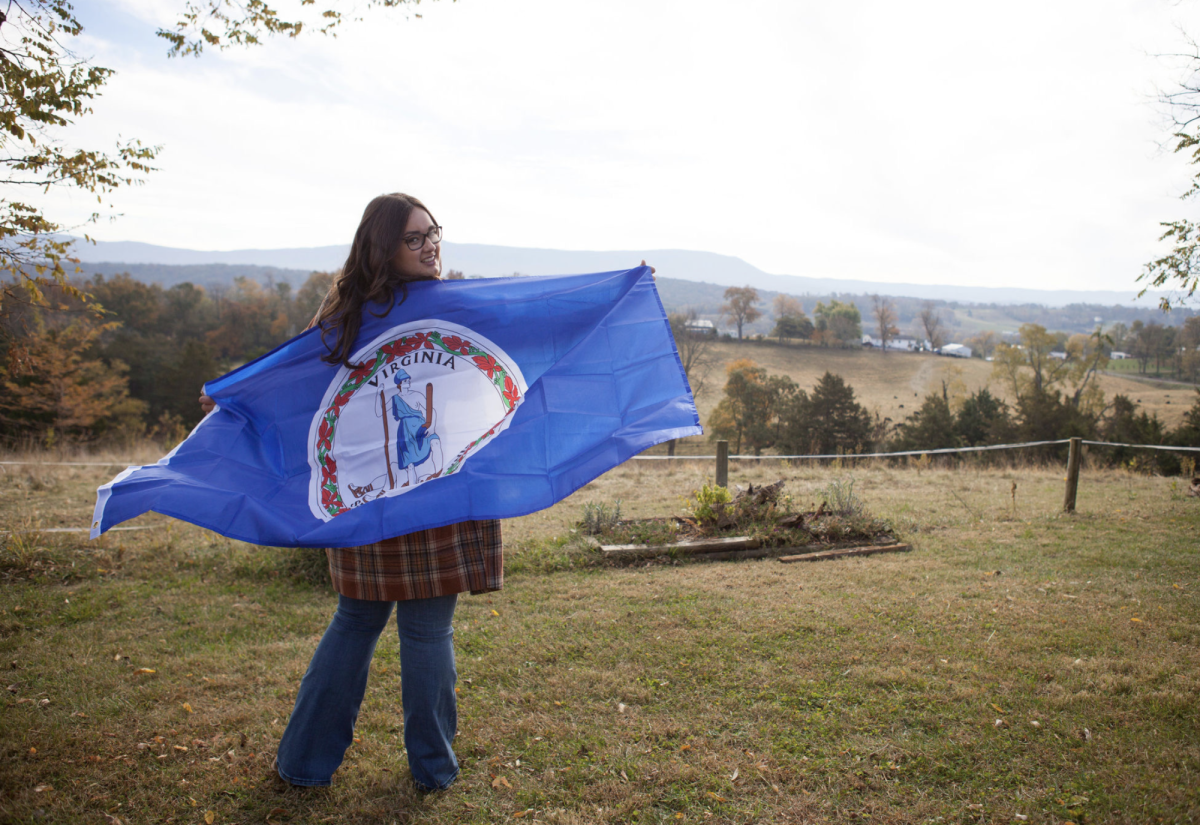When COVID-19 restrictions began impacting the College, student organizations had to restructure their activities and events. Some organizations had to go on a semi–hiatus, and are only now beginning to reform in their entirety. While Sexual Assault Awareness for Everyone (SAAFE) appears to be simply coming out of a pandemic-driven hiatus, SAAFE is unique in that it was somewhat inactive to begin with, leaving a blank space for younger students to shape.
“What’s interesting about SAAFE is that it actually became dormant pre-pandemic,” Eliza Poffenburger ’23, president of SAAFE said. “[As a super senior,] my first year at Wellesley was the last full year of SAAFE activities … My hope is to bring my institutional knowledge [to new members].”
While Poffenburger acknowledges the moldability of SAAFE, she still wants to continue some of the traditions she remembers from her first semester on campus, such as uplifting survivors of assault and having their signature events, such as Take Back the Night.
“[Take Back the Night] happens in April, which is sexual violence awareness month,” Poffenburger said. “It’s a space organized by SAAFE for survivors of sexual violence to come and be in community with one another … My goal is to really put survivors first.”
Poffenburger hopes that, through SAAFE, the Wellesley community will have more access to resources to help combat sexual violence. Furthermore, a primary focus of SAAFE this year is to promote healthy relationships.
“Rather [than] just using the lens of, ‘Hey, don’t assault people,’ which is historically not always a great way of going about it, a lot of the focus is instead recognizing healthy and unhealthy patterns in relationships and friendships in your everyday life … in order to prevent violence, both sexual and domestic,” Phia Nachmanoff ’25, SAAFE’s treasurer, said.
This shift into spreading awareness on generally healthy behavior patterns goes alongside their part of the “wellness network” of peer health educators for the Office of Student Wellness.
“I think there’s been a lot more partnership there, of viewing [relationship health] as an essential part of wellness,” Nachmanoff said.
To spread awareness, SAAFE is hoping to collaborate with other peer health educators and student organizations on campus. Additionally, Nachmanoff explains that one of their projects this semester includes compiling available resources into a single location, such as a Linktree. They also are particularly interested in spreading awareness of the nuanced and complicated dynamics that can happen during the many events on-campus such as pre-games and parties.
“When you’re talking to someone at a party, especially in a flirtatious way, things like age differences [and] class year differences [matter],” they explained. “[Olin is] really wonderful about promoting a healthy culture around consent and substance use, and how to be aware, especially in party environments [which we can model on].”
Through posters and infographics, SAAFE hopes to broaden their cultural impact at the College while spreading awareness and inviting prospective members to join the organization and help make an impact on the overall safety for students.
“I am really excited about the future of SAAFE because we do have a lot of really great foundation[s] to build on, and it’s really exciting to think about the new directions that we can take our org[anization],” Poffenburger said.






